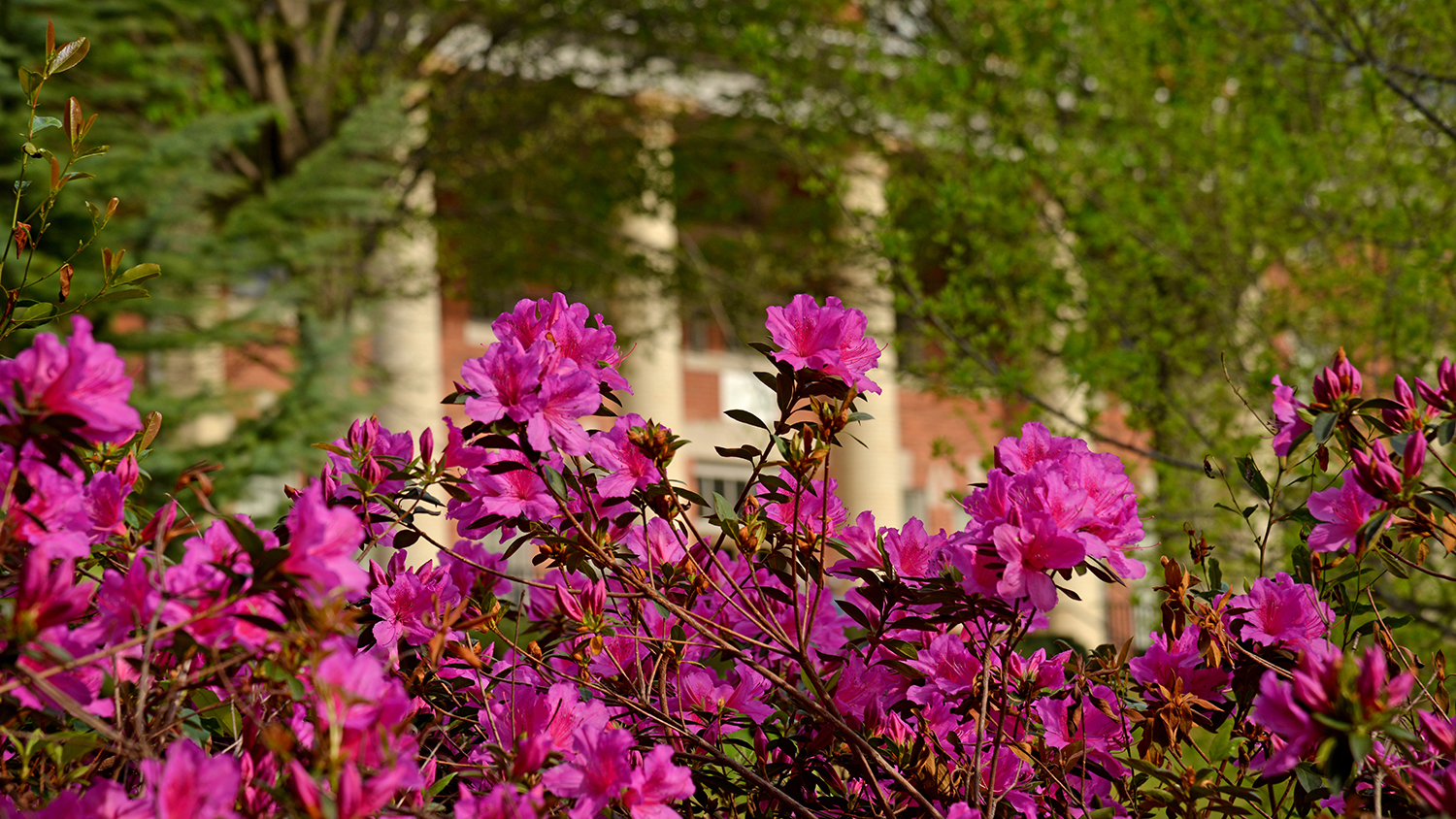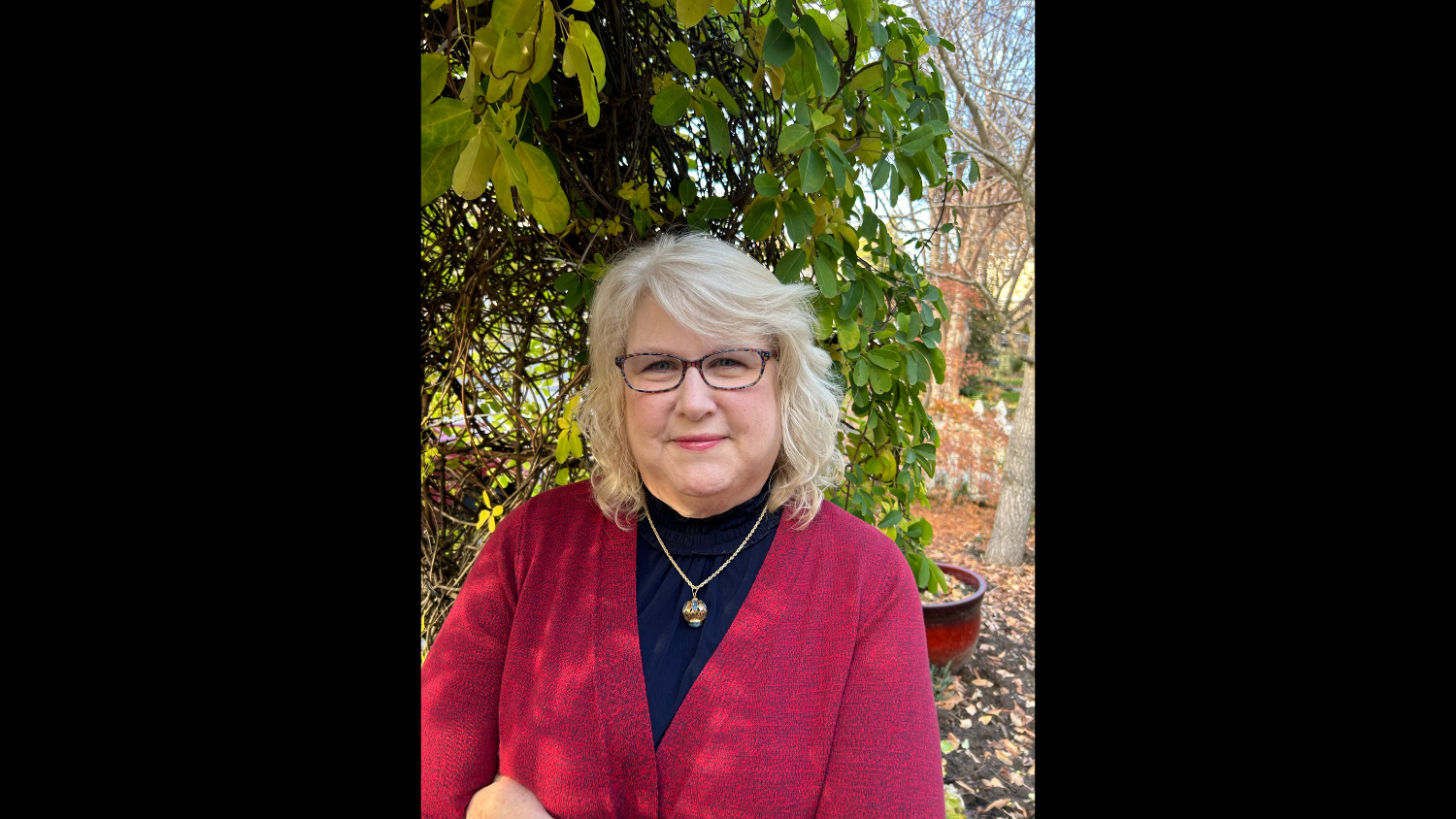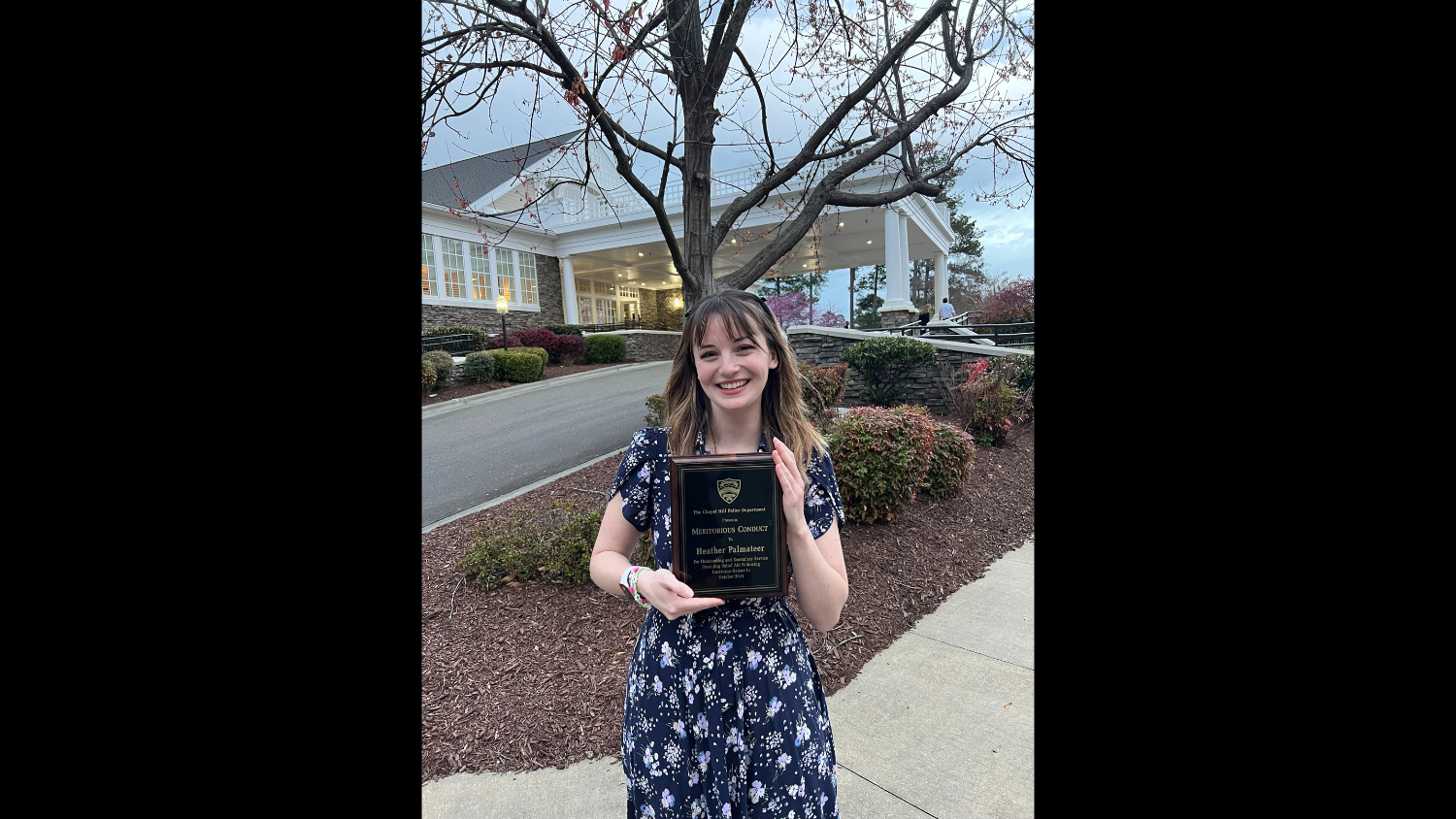Social Work Student Briana Garcia, her Prestigious Scholarships, and Women of Color Travel Blog

During August of 2017, rising social work senior Briana Garcia was awarded the prestigious Gilman and Travelers Scholarships to fund her fall 2017 study abroad experience to Chile. The Gilman Scholarship or “the U.S. Department of State’s Benjamin A. Gilman International Scholarship, is a grant program that enables students of limited financial means to study or intern abroad, thereby gaining skills critical to our national security and economic competitiveness” (Institute of International Education, INC., 2018).
Garcia, who is also minoring in Spanish at NC State, learned that fewer than 30% of NC State women who study abroad are Women of Color. After learning of this disparity and in true think and do spirit, Garcia, as a Woman of Color, and future social worker, decided to put her social work skills to use and start a Women of Color blog to highlight not only her study abroad experience but the experiences of other female minorities. Though the blog is still a work in progress, Garcia is currently working with the Study Abroad office to get the Women of Color blog on their website so that it will remain a resource for other Women of Color at NC State in perpetuity.
Read Briana Garcia’s interview below on her scholarships, study abroad experience in Chile and her Women of Color Blog. You can also read her personal blog here. The complete blog, along with the input from other Women of Color who have studied abroad will be available soon on the NC State Study Abroad website.
What sparked your interest in social work?
I have always been deeply invested in social justice and social work is the perfect major for me to pursue that passion. My interest in social work was sparked by the potential for me to grow and develop not only in the classroom but also in my outside local and global communities.
What were some memorable things that happened during your study abroad experience?
My study abroad experience in Chile was absolutely incredible. It was the first time I ever left the United States so everything was new and different…but in such a beautiful way. Some of my most fondest memories include the friends I made-which were from all over the world. The places I visited also hold a special spot in my heart, such as the Atacama Desert which is the driest desert in the world. It was also very rewarding to learn a new language and be completely immersed in it.
Why did you pick Chile?
I chose to study abroad in Chile, because it is a country rich in biodiversity and also social justice. It was also a country where I was able to improve and practice my spanish speaking, writing, and listening skills.
How did your passion for social work and your social work education contribute to your study abroad experience? How did you apply your social work knowledge abroad?
My passion for social work and my social work education made a huge contribution to my study abroad experience. For example, while abroad I learned a lot about what it means to be locally responsive and globally engaged. As a social work student, I was also cognizant of the happenings around me and how they relate to being locally responsive and globally engaged. I applied my social work knowledge abroad every day, especially when it came to navigating the cultural differences between the U.S. and Chile. For example, the social work department really instilled a deep respect and understanding in me about how just because things are different that doesn’t mean they are wrong. I was also able to keep an open mind about how the way I see things isn’t necessarily the only way for things to be seen. This helped my study abroad experience be a lot more rewarding.
What was the most interesting thing about your Chile trip?
The most interesting thing about my Chile trip was learning about chilean culture and how it influences the spanish spoken in the country. Chilean spanish is very different from the spanish I learned in the U.S., but it made it so much more fun to learn.
What classes did you take and where?
I took four classes abroad-two completely in English and two completely in Spanish. My english courses included Latin America on Film (fulfilling an english credit) and Latin American Culture and Identity (fulfilling a history credit). In spanish, I took “Cultural Chilena” (translated to Chilean Culture) and “Español Avanzado: Negocios” (translated to advanced business spanish). All of my classes were taken on campus at la Universidad de Adolfo Ibáñez in Viña del Mar, Chile.
Where did you stay during your experience?
During my experience in Chile, I stayed in an apartment called “Los Torres”. It was a beautiful apartment right on the beach. I literally heard the ocean waves from my bed! 🙂
What were some of the cultural differences you saw?
One cultural difference I saw was the display of affection. For example, it is customary to kiss someone on the cheek when you greet them in Chile. Affection is also very common in between couples-even in public! All in all, Chileans are very loving. There is also a cultural difference in Chile when it comes to owning up to their historical past. Chileans actually admit their wrongdoings and make it known that they will not happen again. This is especially true when it comes to their past with the Pinochet regime. Chileans also have a different sense of time. Very unlike the U.S., Chileans take things on their own time. Being prompt isn’t very important there unless it’s for class and/or important meetings.
What were some challenges of studying abroad?
Some of the challenges I faced while studying abroad included dealing with cultural shock, adjusting to the distance and time away from family, and navigating the language barrier.
What inspired you to start this Women of Color blog?
I was inspired to start the Women of Color abroad blog after reaching out to the Study Abroad Office and finding out that less than 30% of women who study abroad at NC State are Women of Color…it was even more startling to find out that less than 4% of these women were of Latinx/Hispanic descent. As a Latina woman myself, I felt compelled to help my fellow Women of Color feel included, respected, and like an important and vital part of the study abroad community.
What were you trying to accomplish by sharing the experiences of Women of Color studying abroad?
By sharing the experiences of Women of Color studying abroad, I hope to create a sense of community amongst Women of Color abroad, thinking of going abroad, or who have returned from study abroad. I also hope to provide the platform for women to share their experiences and how study abroad has impacted their personal, academic, and professional development. It also helps other Women of Color see themselves represented in the study abroad realm and makes it seem like more of a realistic thing for them.
How did being a woman, specifically a woman of color affect your study abroad experience?
Being a woman, specifically a woman of color, had an impact on my study abroad experience but not as big as women of color who go abroad in other places such as Europe. For example, in Chile my skin tone was actually the norm….so I was able to blend in physically which isn’t something I am able to do at State or what my friends of color were able to do in Poland and Denmark. However, being a woman of color abroad, did help me gain a deeper and clearer understanding of who I am for the first time in a context outside of the U.S. It also impacted the relationships I formed and the interactions I had with others.
Why do you think more Women of Color do not study abroad?
I think more Women of Color don’t study abroad for a multitude of reasons, but the major ones being financial concerns and the fact that they don’t feel supported, included, or welcomed in the study abroad realm.
What do you want to do with your social work education?
With my social work education, I hope to have a career where I can be actively engaged in facilitating and advocating for change in my community. I also hope to gain a deeper understanding of social justice and how I can move from social justice advocacy to social justice activism.
What are your professional goals?
I am not sure exactly what my professional goals are, however I do plan on getting my master’s in social work. I have also considered going to law school to be an immigration lawyer.
Where would you like to have your internship?
I am not sure where I would like to have my internship yet, however it does interest me to be more involved with prison reform or immigration. I would like an internship where I can further my spanish speaking, writing, and listening skills as well.
Garcia will be graduating in May 2018, we cannot wait to see how her experience at NC State and in Chile will inspire her to think and do after graduation!






